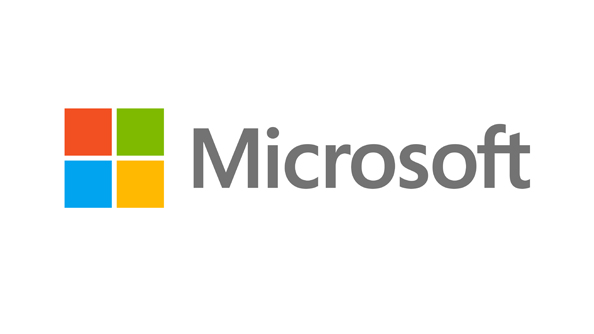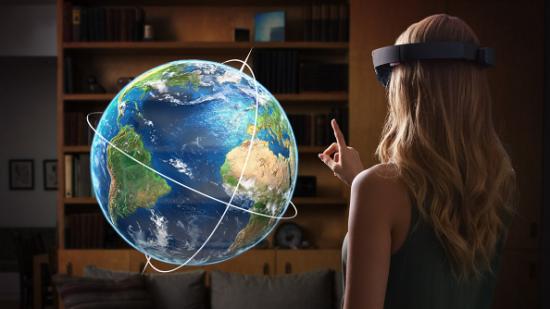Microsoft are planning on using television signals to bring high-speed internet to parts of America that previously didn’t have access to it. Long has my heart gone out to my PC gaming brethren who lack the internet speed (or internet at all) to join in the online gaming fun with the rest of us.
Speedy internet is a bit of a waste if all the games you play look awful. Make sure you have a screen worthy of a champion with our guide to the best gaming monitors.
The company have unveiled a plan to improve broadband services in rural parts of America by using ‘white space’ – the unused frequencies in the wireless signal that televisions broadcast with. This, Microsoft are hoping, will eliminate the broadband woes of two million Americans who live in rural areas and don’t yet have access, in the space of the next five years.
White Spaces, as the project has been fittingly called, has already been launched in pilot project form in countries such as Tanzania, Taiwan, and Colombia. Even our beloved UK has tried it – the Cambridge TV White Spaces Consortium (a group of ‘leading international and UK technology and media companies, including Microsoft) determined that these TV white spaces can satisfy the ‘accelerating demand for wireless connectivity’.

This is pretty exciting news, especially from a gamer’s perspective. Traditional broadband providers would find it too costly to build and maintain networks in rural areas, so there are still plenty of spots worldwide where internet speed is abysmal or non-existent, leaving players with no choice but to bust virtual heads alone. This could also see gamers across the globe logging on for the first time, which could make for some pretty amusing mismatches in online gameplay. Be gentle if you meet a newcomer…
Microsoft claim their White Spaces transmissions can have outdoor ranges measured in kilometers as opposed to the roughly 100m distance traditional wi-fi signals travel. They also say it will travel more easily through walls and obstructions, so if they took this project into the mainstream you could even see an improvement on the signal you already have.
Could you do with a White Spaces broadband signal? I know I could…
Thanks, New York Times.
